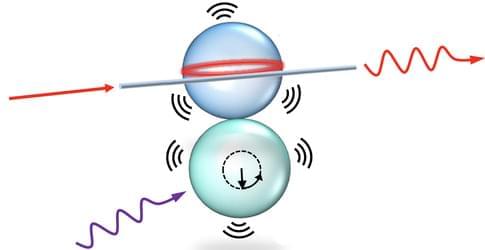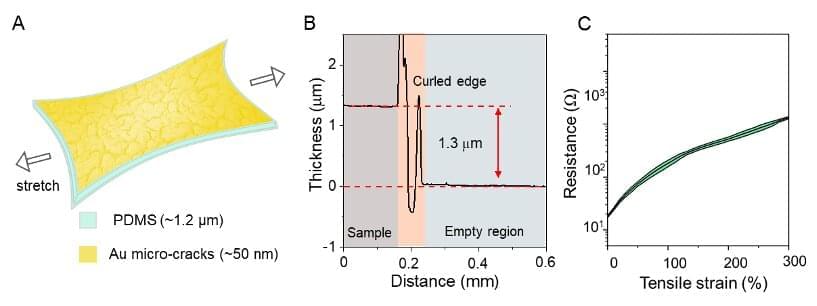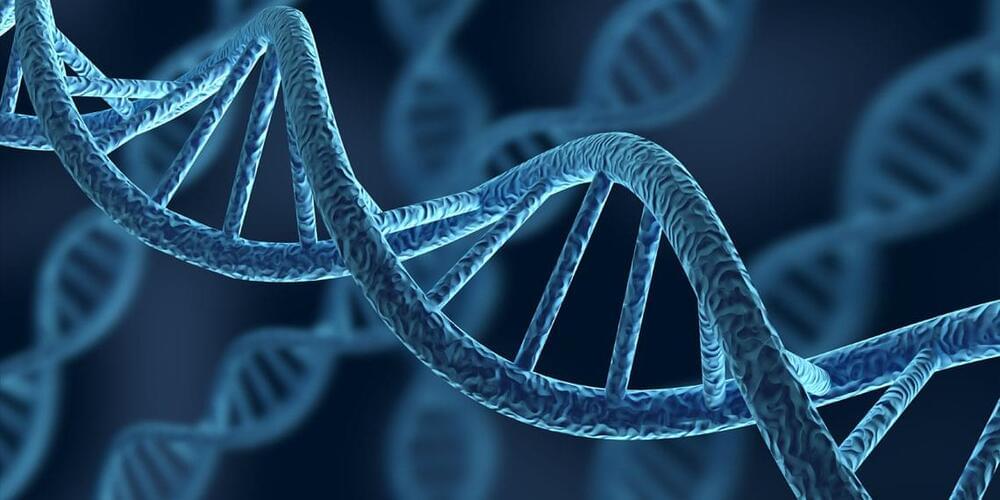One thing the Star Trek franchise has no shortage of across its many iterations and separate series storylines is the array of world-ending technological horrors always facing the constantly hounded Federation, and The Original Series started it all with this planet-destroying weapon of unknown origin which appeared in the episode of the same name.
Though the crew never quite figures out exactly what it is or where its origins lay, Kirk theorized it was constructed as a bluff to deter one side of an undetermined galactic war, reflecting the Mutual Assured Destruction fears of the time between the U.S. and Russia. It’s pretty much Star Trek’s famous answer to the Death Star, albeit ten years before Episode 4 would make its debut.







